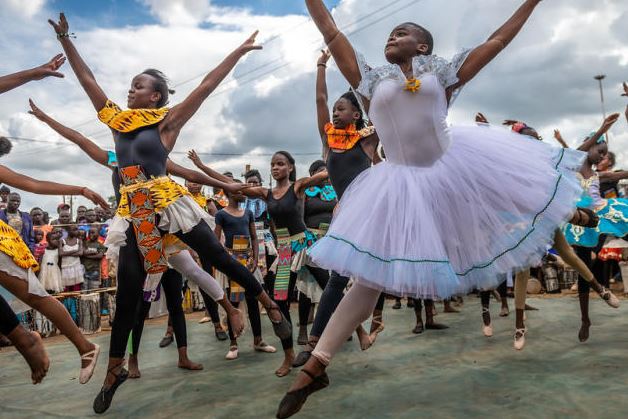×
The Standard e-Paper
Home To Bold Columnists

It is Monday 8am, and Mike Wamaya is waiting patiently in a court room in Nairobi. This is the third time he is there and all he is hoping and praying for is that the case he’s been following up on for the last two months finally starts.
The case involves a father and his 18-year-old daughter, currently a Form Four candidate. The man is accused of sexually abusing the girl two months ago in their home in Kibera slum.